Questions and Answers About Turkey and Istanbul
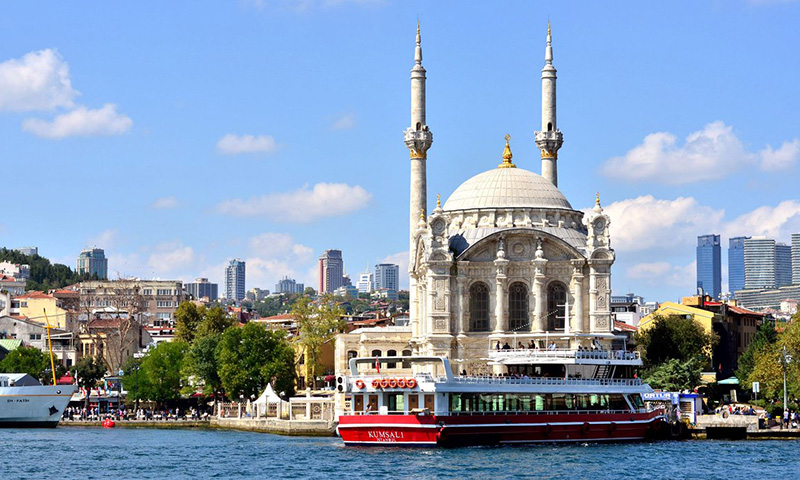
Discover everything you need to know about Turkey and Istanbul with this FAQ guide: culture, tourism, cuisine, and more. Plan your adventure!
Introduction
Turkey is a country full of history, culture, and incredible landscapes, and its most iconic city, Istanbul, is a fascinating destination for travelers from around the world. If you’re considering visiting this unique country that connects Asia and Europe, you probably have many questions. In this guide, we answer the most frequently asked questions about Turkey and Istanbul, covering everything from the best time to visit to the most delicious dishes you can’t miss. Keep reading and get ready for an unforgettable adventure!
Table of Contents
- Why visit Turkey and Istanbul?
- What is the best time to visit Turkey?
- What currency is used in Turkey?
- Is it safe to travel to Istanbul?
- What to see in Istanbul?
- What typical dishes should I try?
- What cultural customs should I know?
- How is transportation in Istanbul?
- Do I need to speak Turkish to travel to Turkey?
- Final tips for enjoying your visit to Istanbul
1. Why Visit Turkey and Istanbul?
An Incomparable Cultural and Historical Destination
Turkey is a country with a fascinating blend of cultural influences from Europe and Asia. Its rich history, spanning from the Byzantine Empire to the Ottoman Empire, is reflected in its historical monuments and archaeological sites. Istanbul, in particular, is famous for being the only city in the world located on two continents, making it a crossroads of cultures, religions, and civilizations.
Reasons to visit Turkey include:
- Ancient history: From the majestic Hagia Sophia to the ancient ruins of Ephesus, Turkey is filled with places that tell thousands of years of history.
- Unique landscapes: From the rock formations of Cappadocia to the beaches along the Aegean and Mediterranean coasts.
- Exquisite cuisine: Turkey is famous for its cuisine, which combines Mediterranean, Asian, and Middle Eastern flavors.
Travel Tip: If you’re a history lover, don’t miss visiting Turkey’s UNESCO World Heritage sites, like Troy or Mount Nemrut.
2. What Is the Best Time to Visit Turkey?
Climate and Seasons
The best time to visit Turkey largely depends on the activities you plan to do. If you’re exploring Istanbul and other cultural sites, spring (April to June) and autumn (September to November) are ideal, as the temperatures are mild and pleasant.
- Spring (April to June): Istanbul is in bloom, and the temperatures are perfect for walking around the city.
- Summer (July to August): Ideal for visiting Turkish beaches, though it can get quite hot, especially inland.
- Autumn (September to November): Temperatures drop, making it perfect for cultural tourism without the summer crowds.
- Winter (December to March): While cold, it’s a good time to explore Istanbul without so many tourists and to take advantage of lower prices.
3. What Currency Is Used in Turkey?
The Turkish Lira
Turkey’s official currency is the Turkish Lira (TRY). Although euros and dollars are widely accepted in tourist areas like Istanbul and Cappadocia, it’s advisable to carry Turkish lira for everyday purchases and smaller transactions.
- Currency exchange: You can exchange money at currency exchange offices, banks, or withdraw cash directly from ATMs.
- Credit cards: They are accepted in most restaurants, hotels, and large stores, but be sure to carry cash if you plan to visit local markets or small shops.
4. Is It Safe to Travel to Istanbul?
Safety in Istanbul
Istanbul is relatively safe for tourists, though, as in any major city, it’s essential to stay aware of your belongings, especially in crowded areas like the Grand Bazaar or Taksim. Violent crime is rare, but pickpockets can be an issue in tourist areas.
Tip: Avoid walking alone in poorly lit areas at night, and keep valuables, like phones and wallets, secure and out of sight.
5. What to See in Istanbul?
Top Tourist Attractions in Istanbul
Istanbul is a vibrant, diverse city filled with historic sites and modern attractions. Here’s a list of must-see places:
- Hagia Sophia: A former basilica turned mosque and later museum, famous for its massive dome and stunning Byzantine mosaics.
- The Blue Mosque: Known for its blue ceramic tiles and beautiful Ottoman architecture.
- Topkapi Palace: The former home of the Ottoman sultans, now a museum where you can admire the treasures of the Ottoman Empire.
- The Grand Bazaar: One of the largest and oldest markets in the world, ideal for buying souvenirs and local products.
- The Bosphorus: A boat ride along the Bosphorus is essential for enjoying panoramic views of the city.
6. What Typical Dishes Should I Try?
The Exquisite Turkish Cuisine
Turkey is known for its rich and varied cuisine, influenced by its history and geographical location. Here are some dishes you should try:
- Kebabs: The most famous dish, made with grilled meat.
- Meze: A variety of appetizers, from hummus to stuffed grape leaves (dolmas).
- Baklava: A delicious dessert made of layers of pastry, nuts, and syrup.
- Menemen: A scrambled egg dish with vegetables, typical for Turkish breakfast.
- Pide: Similar to pizza but with a Turkish twist.
Travel Tip: Don’t miss out on the famous Turkish tea and Turkish coffee, two essential elements of local culture.
7. What Cultural Customs Should I Know?
Respecting Traditions
Turkey is a country with deeply rooted customs and traditions, especially in rural areas. Here are some cultural aspects to keep in mind:
- Greetings: A handshake is common, but in more informal settings, close friends may greet each other with a kiss on each cheek.
- Dress code: Although Istanbul is a modern, cosmopolitan city, it’s advisable to dress modestly in places like mosques or rural areas.
- Religion: Most Turks are Muslim, so you’ll hear the call to prayer five times a day. You don’t need to stop, but it’s important to be respectful.
8. How Is Transportation in Istanbul?
Options for Getting Around the City
Istanbul is a vast city, but fortunately, it has several transportation options:
- Metro: Modern and efficient, ideal for avoiding traffic.
- Tram: Perfect for getting around the tourist areas.
- Buses and minibuses: Cover most of the city and are an economical option.
- Taxis: Available throughout the city, but make sure they use the meter.
9. Do I Need to Speak Turkish to Travel to Turkey?
The Language in Turkey
While the official language is Turkish, in tourist areas like Istanbul, most people speak English, especially in hotels, restaurants, and stores. Learning a few basic words in Turkish can be helpful and well-received by locals.
10. Final Tips for Enjoying Your Visit to Istanbul
Before wrapping up, here are some useful tips to make your experience in Istanbul unforgettable:
- Visit the mosques: Bring a scarf to cover yourself if you’re a woman, and be sure to remove your shoes upon entering.
- Bargain at the markets: Don’t hesitate to negotiate prices, especially at the Grand Bazaar.
- Try street food: Simit (sesame-covered bread) is a popular snack.
Conclusion
Turkey and Istanbul are fascinating destinations that combine history, culture, and cuisine in a unique experience. Whether you want to get lost in Istanbul’s bazaars, marvel at its stunning architecture, or relax along the Aegean coast, this country will leave you with unforgettable memories. Get ready for an amazing adventure!


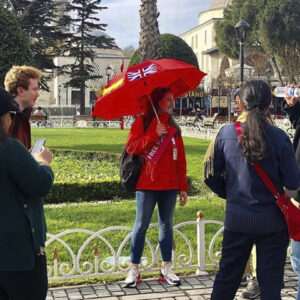
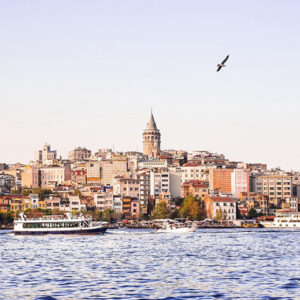

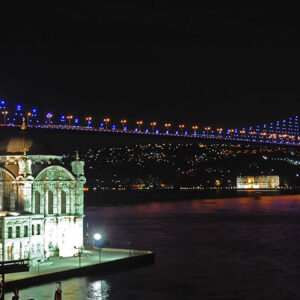


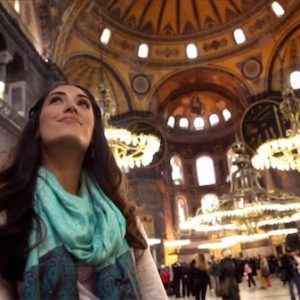
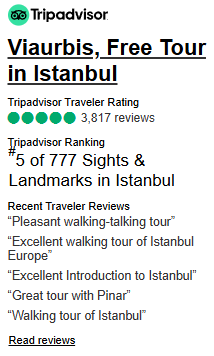
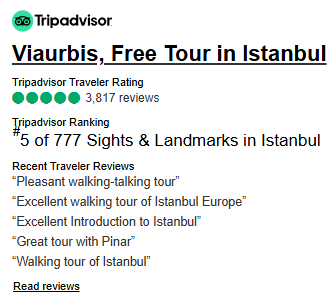
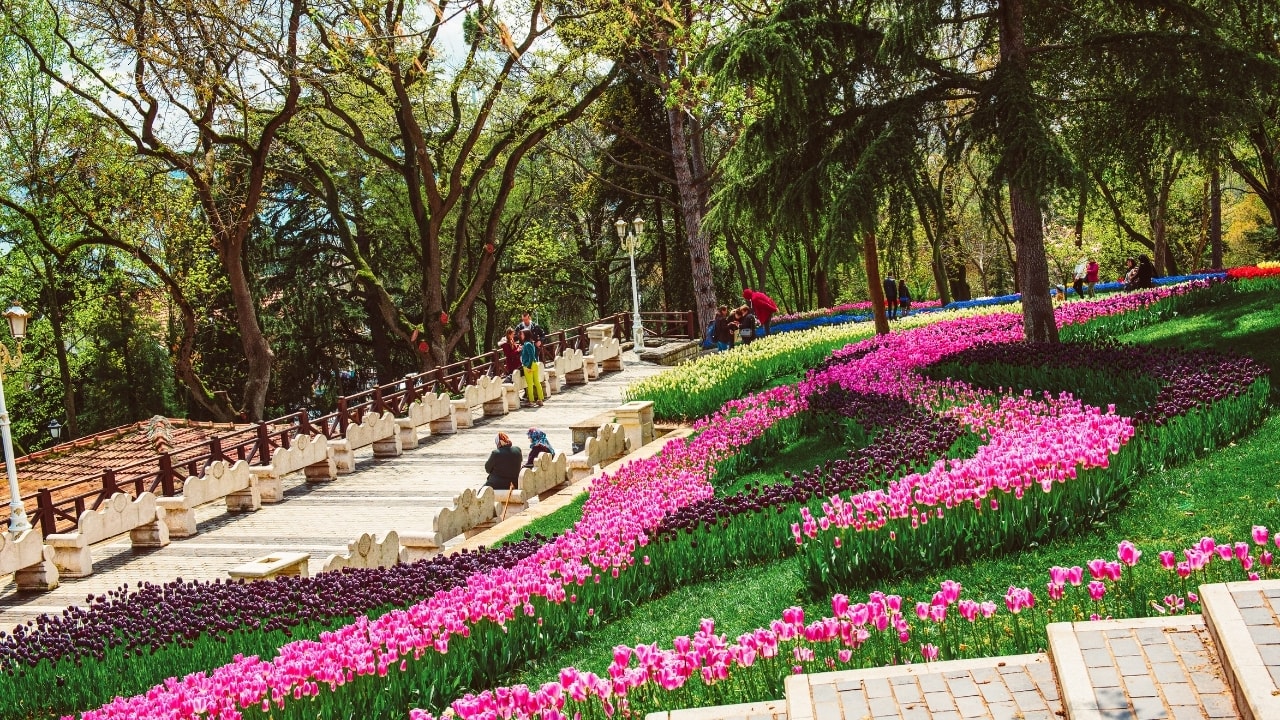

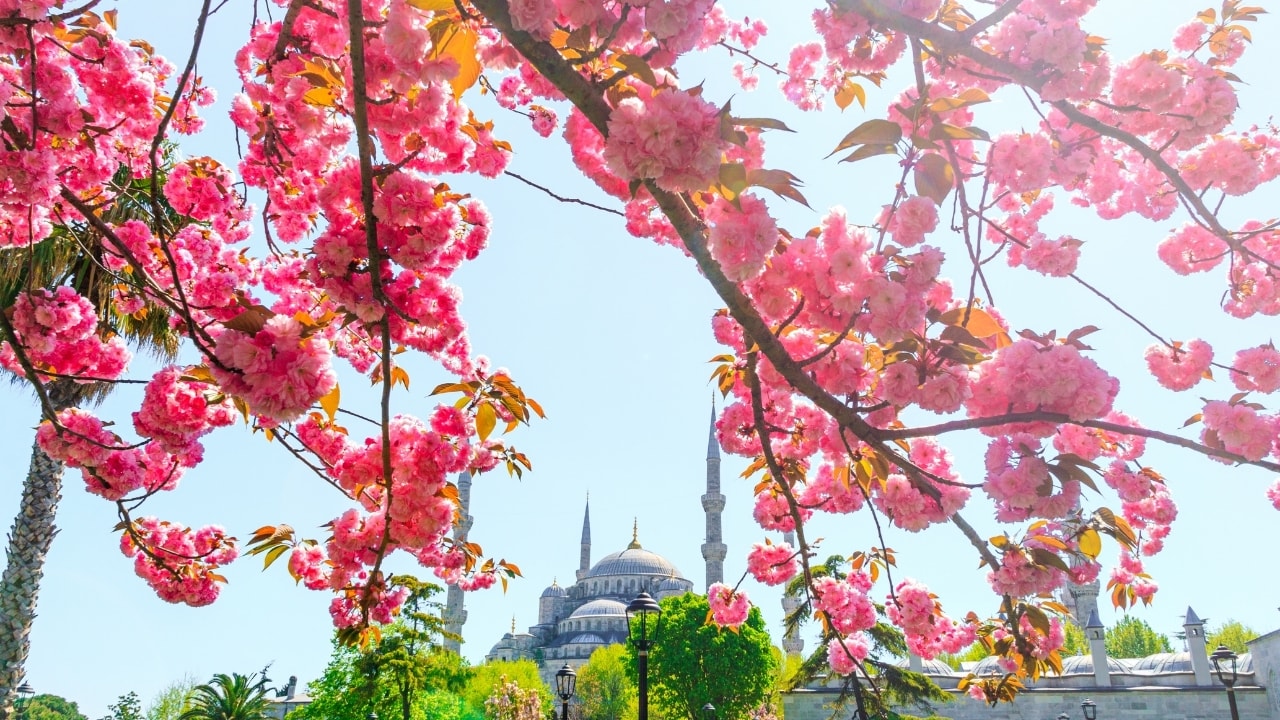
3 thoughts on “About Türkiye and Istanbul”
★★★★★
Discovering ‘About Türkiye and Istanbul’ was one of the highlights of my trip. Don’t miss out on this gem!
★★★★★
My journey to ‘About Türkiye and Istanbul’ was nothing short of amazing. A must-see for anyone exploring the area!
★★★★★
Looking for an authentic and enriching experience? ‘About Türkiye and Istanbul’ is the place to be! Absolutely worth the visit.
Comments are closed.